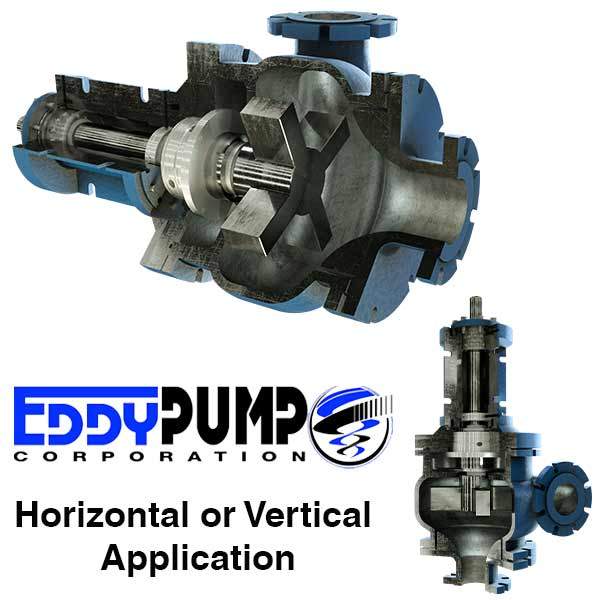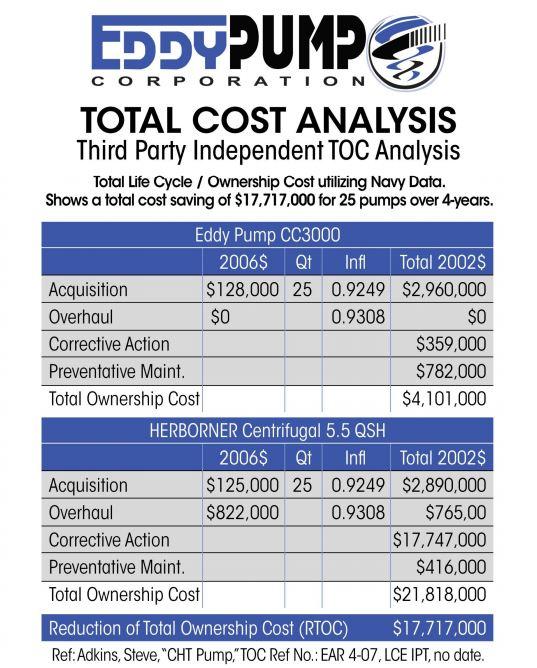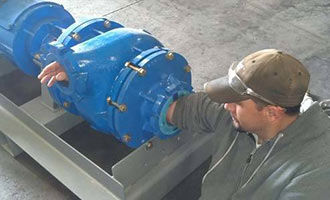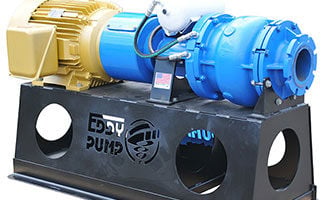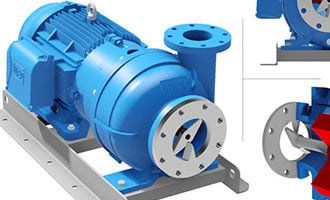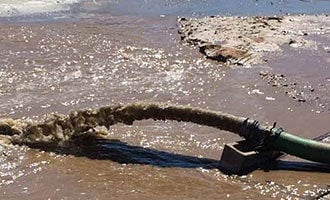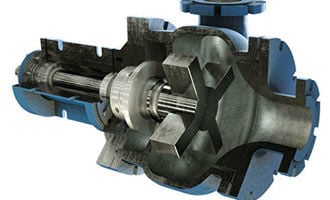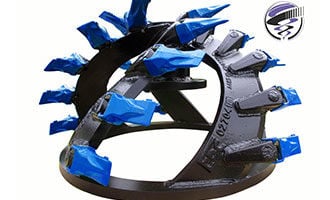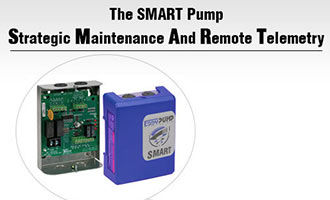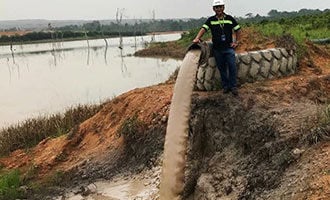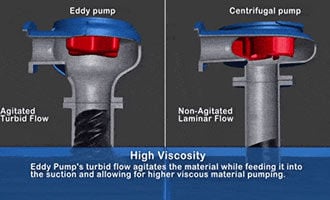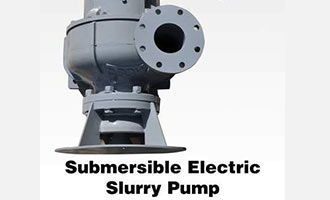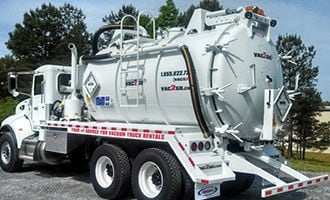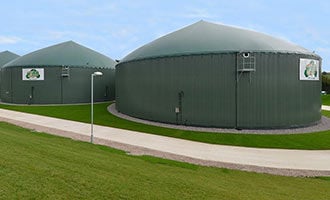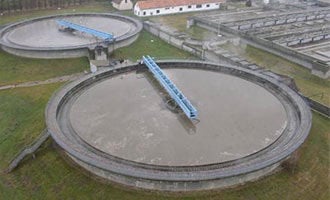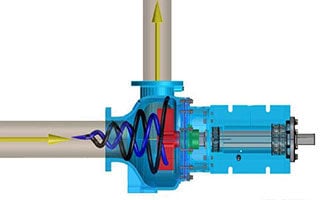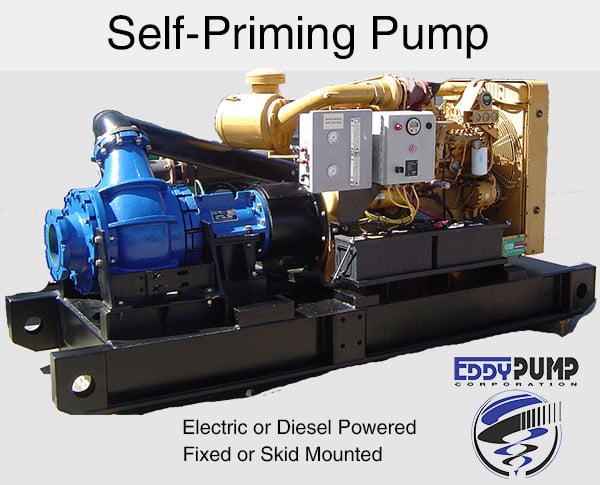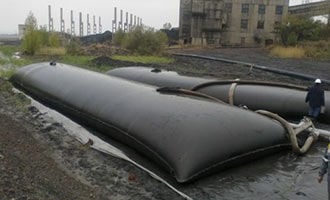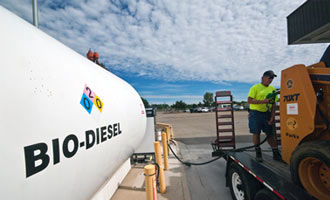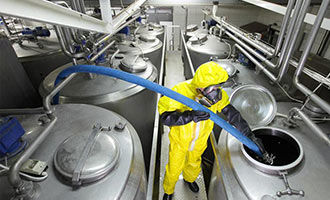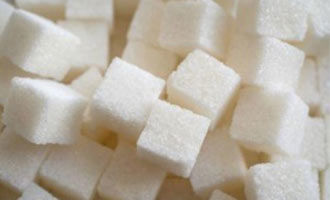Wet Wipes Causing Sewer Problems by Clogging Industrial Pumps
Flushable wipes aren't so flushable after all... find out how they've been wreaking havoc on global pumping systems. Browse Our Sewage PumpsContact Us For Fast QuoteSales of flushable wipes have grown mainly due to their convenience. On the other hand, this convenience can come at a steep cost as detrimental effects these wipes can have on plumbing systems. Understanding how these flushable wipes can cause pump system damage and erosion can help you minimize repairs and maintenance and help you choose what type of pumps should be installed to better handle them.
Based on the low and critical tolerance in a centrifugal pump, any wear will cause the pumps dynamics to be thrown off, reducing its optimal efficiency. This results in a severe loss in suction. To remedy the damage to the pump, the pump must be taken out of operation and rebalanced or replaced entirely, which is very costly to the sewage or wastewater facility (tax payers). To help combat the wet wipe clogging issues, wastewater plants now often equip their pumps with comminutors – also known as sewage grinders – in order to break up the material so that the centrifugal pumps can handle it more effectively. However, while this does alleviate some of the issues, it still costs time and money to maintain and implement these grinders to existing pump systems.
A chopper upgrade can also be fitted for use in sewage and wastewater pumping applications. For most other pump applications, the EDDY Pump works without comminutors, macerator or grinders because the tolerance is large enough to pass all material without any issues. But for large-scale municipal use, we recommend cutter to break down flushables and other non-organics because while EDDY Pumps can pass large waste and inorganic material, clogs can still happen downstream from the pump.
EDDY Pump benefits:
Lowest life cycle cost VCHT pump system on the market
Non-clogging pump design
Lowest maintenance pump system
No eductor or macerator needed
As you can see from our detailed cost analysis, using the EDDY Pump will save you a large amount of time and money throughout the life of the machine. Utilizing US Navy data, this cost analysis shows a total cost savings of over 17 million dollars for 25 pumps over a four-year span!
With EDDY Pump, you can be confident you will enjoy less clogging, lower maintenance costs, more uptime and a happy project manager. Call us to match the right sized pump to your job. View our different pumps here.
Order or Get Selection Help
Let our sales or engineering support help in your slurry pump and wastewater equipment selection. Call (619) 258-7020
Related Products
HD (Heavy Duty) Slurry Pumps
Why EDDY Pumps Are Better – Highlights
This video shows how EDDY Pump transports high slurry and abrasive materials. Featured dredge pump equipment includes the Remote Operated Subdredge, Diver Operated Pump and a Excavator Attachment Dredge Pump.

